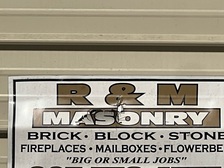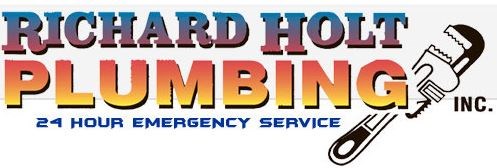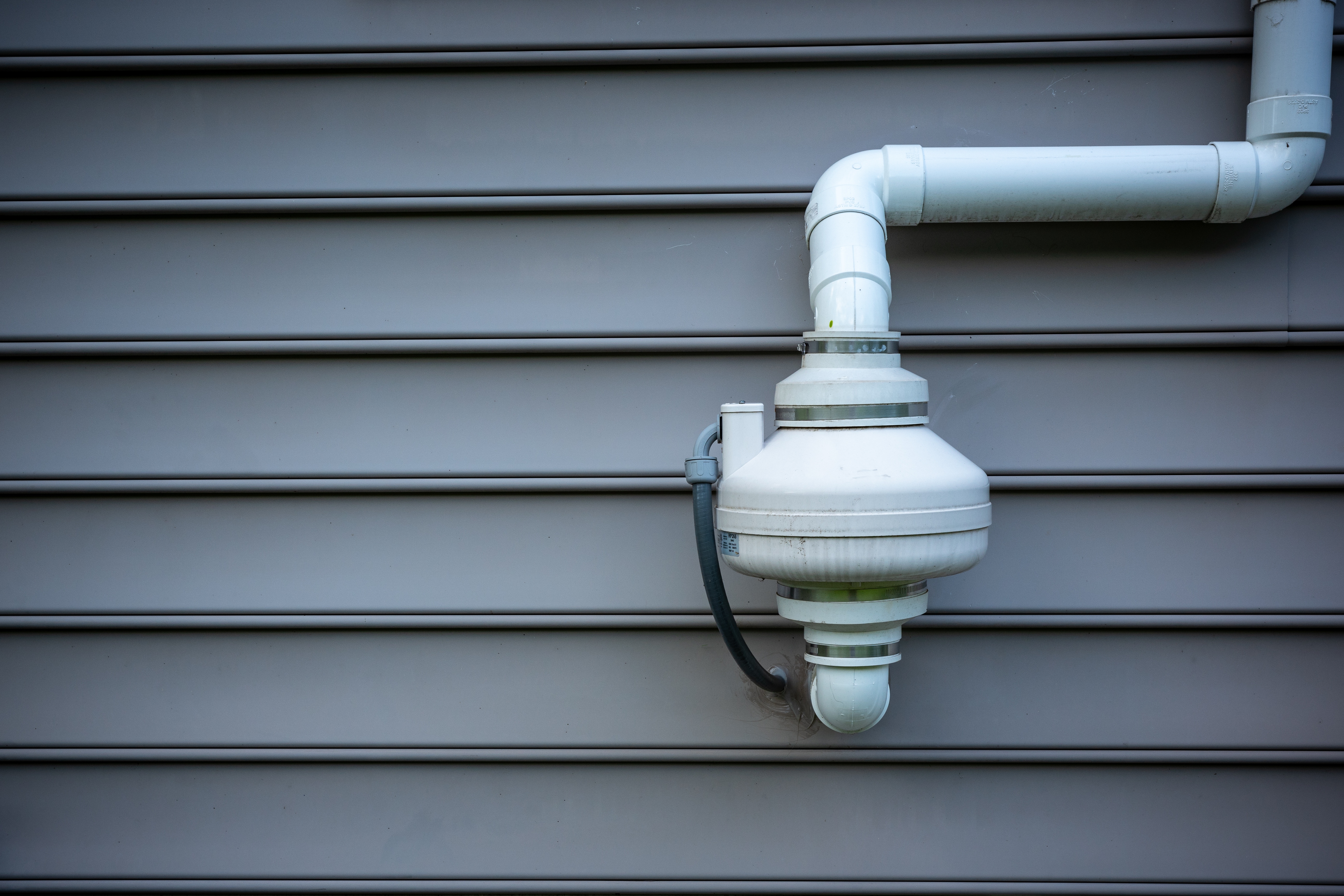
Get matched with top radon detection and reduction specialists in Diana, TX
Enter your zip and get matched with up to 5 pros
Need a pro for your radon detection and reduction project in Diana, TX?
Verified Reviews for Radon Detection And Reduction pros in Diana, TX
*The Angi rating for Radon Detection And Reduction companies in Diana, TX is a rating based on verified reviews from our community of homeowners who have used these pros to meet their Radon Detection And Reduction needs.
*The HomeAdvisor rating for Radon Detection And Reduction companies in Diana, TX is a rating based on verified reviews from our community of homeowners who have used these pros to meet their Radon Detection And Reduction needs.
Last update on January 17, 2026
Find Radon detection and reduction specialists in Diana
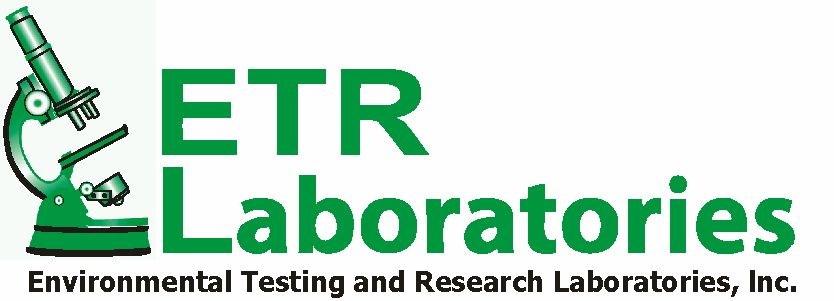
Environmental Testing & Research Laboratories, Inc
Environmental Testing & Research Laboratories, Inc
ETR Laboratories in an analytic laboratory with a broad range of commercial, industrial and individual clients. We provide analytic services using a wide variety of scientific methods including GC/MS, IC/MS, GIR, NMR and SEM equipment. We can do particle analysis, organic and inorganic chemical analysis and micro analysis on biological and other materials. Private water analysis is our specialty. Award winning. Additional DBA - Environmental Testing & Research Laboratories Inc, ETR Labs, ETR Laboratories.
"as advertised"
Nancy C on July 2018
ETR Laboratories in an analytic laboratory with a broad range of commercial, industrial and individual clients. We provide analytic services using a wide variety of scientific methods including GC/MS, IC/MS, GIR, NMR and SEM equipment. We can do particle analysis, organic and inorganic chemical analysis and micro analysis on biological and other materials. Private water analysis is our specialty. Award winning. Additional DBA - Environmental Testing & Research Laboratories Inc, ETR Labs, ETR Laboratories.
"as advertised"
Nancy C on July 2018
The Diana, TX homeowners’ guide to radon detection and reduction services
From average costs to expert advice, get all the answers you need to get your job done.
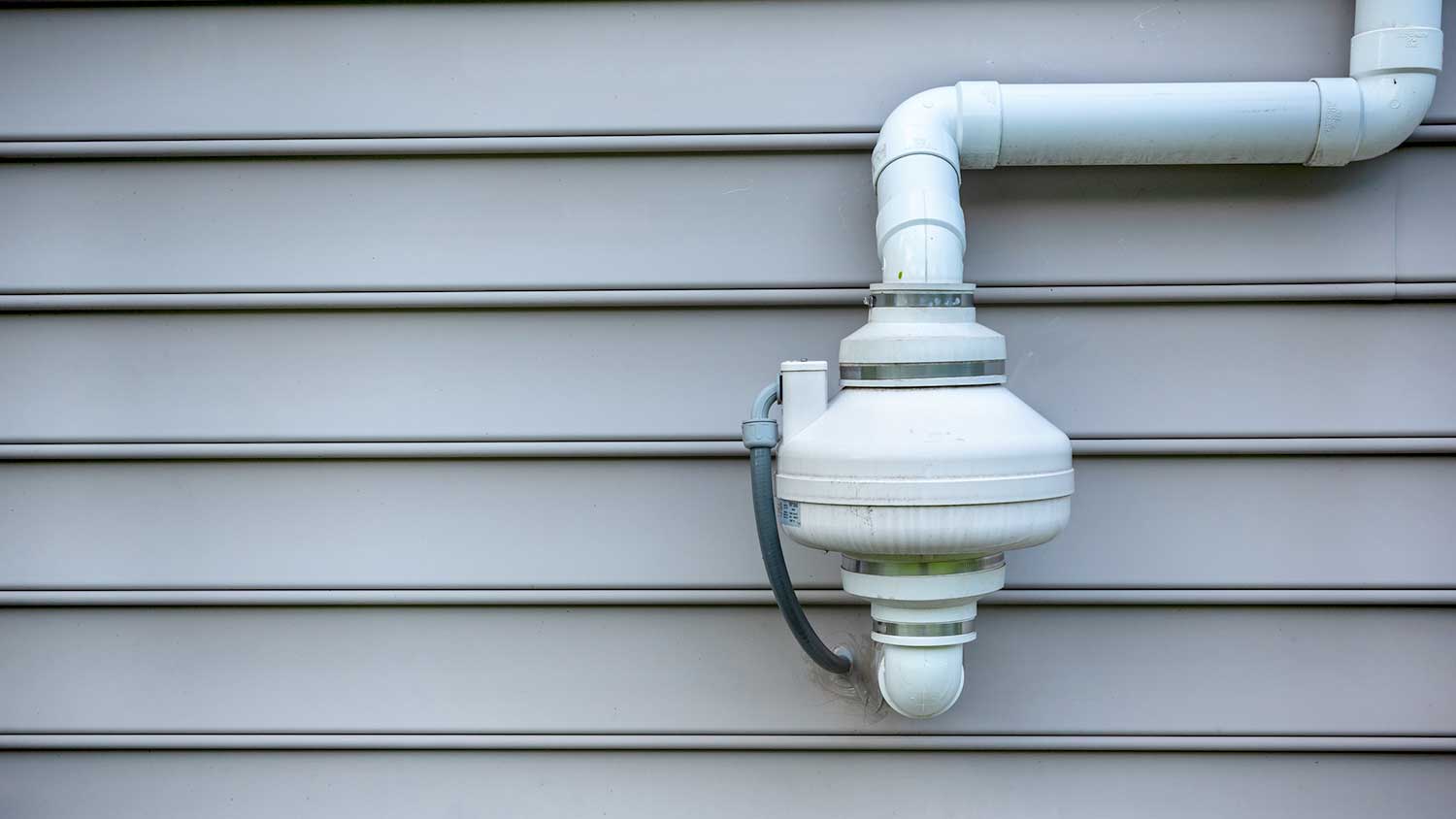
Get clear answers on how much radon remediation costs, including average prices, key cost factors, and tips to save money on your home’s radon mitigation.
 •
•Find out what impacts radon testing costs, including average prices for DIY kits and professional services, so you can protect your home and budget confidently.
 •
•Discover the average indoor air quality testing cost, what impacts pricing, and how to budget for healthier air in your home.

The cost of a radon mitigation system depends mostly on the type of system being installed. Use this guide to learn about your options.

Radon can seep into your home through cracks and small openings. Here's how to get rid of radon and why you need to do it.

You need to protect your home from radon, but what does a radon mitigation system look like? Check out this radon mitigation system diagram to learn how it works.
- 🌱 "Mow a small front yard"
- 🛠 "Fix a leaking pipe under the sink"
- 🏠 "Repair shingles on an asphalt roof"
